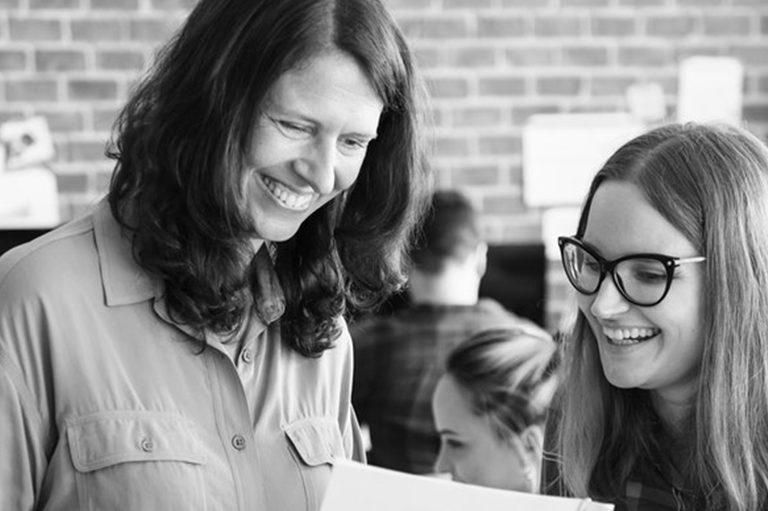As part of the enrichment programme at London Brookes College, our students have been developing their public speaking skills in a series of moderated class debates. The purpose of these debates has been to allow students to tackle thorny and challenging debate topics in a constructive and supportive environment. Students have benefited from the teamwork process and they have been learning that to convince the floor of your point of view, it is necessary to use a combination of sustained argument and compelling examples, as well as careful use of tone, persuasion and drama. They have certainly been learning to think on their feet! Debating is the formal argument of a subject matter ideally used to rightfully express and argue for a particular belief. The purpose and inspiration behind the debating sessions was to inspire and enhance critical thinking, linguistic, communicative and negotiating abilities, whilst expressing individual
beliefs with ?passive passion?to the wider world in the microcosm of the college classroom- which may also be exported to the macrocosm outside of the
classroom, since the skills honed and perspectives heard might be applicable in many areas the students will go on to encounter.
GCSE and A-level students united in London Brookes College’s Room nine, from three to four o’clock, on several occasions throughout the misty Winter term
for the civil discussion of great social issues. The debates took place in the form of a variation of ‘Mace Debating’, where two opposing teams spoke for
a total of thirty-two minutes collectively, after each individual speaker spoke for four minutes.
Although some audience members were rather outspoken (as one would expect!), the presence of two teachers, Mr. Logue and Miss Welkhu, as well as a student chairperson, ensured that order was maintained, and created a professional structure to the session. Furthermore, in the London Brookes’ spirit of fairness and democracy, the students were diplomatically given the choice of which side to argue for, since individual rights and freedoms must be respected, and the performance would be better if they believed in what they were arguing for (or, indeed, against!). Subsequently, as was their right, the audience was permitted to actively participate and speak regarding the matter and they directed questions to the individual group members, raising further lines of enquiry. Students were given a range of debate topics for which to choose from before collectively choosing.
Firstly, the debating topic was regarding whether the economically wealthy, as in the case of footballers, should be, indeed, paid more than other individuals such as public servants. Whilst the argument for was primarily due to the ideology that the money is rightfully “theirs”, the opposition, comprising of GCSE students Layla Bhatti, Madina Nourzai and Merva Nourzai, counter-argued that this causes the unfair and unjust unequal distribution of wealth. In turn, t was said to contribute to, for instance, an increased crime rate due to those who do not have access to extreme wealth.
Meanwhile, the second debate consisted of the particular question of whether or not parents should be permitted to use corporal punishment on their children. The favouring side included GCSE student Mohamed Amini and although this perspective adamantly proposed its advantage in the terms of discipline with a well-argued line of discourse, the opponents of this view argued that it wrongly causes severe psychological and physical harm, where, due to individual differences, this has grievous implications for future adult relationships. Indeed, from a social psychological perspective, the child may learn the behaviour through observation and repeat it by imitation, continuing the cycle. The speaker thus concluded that this would render the world “a very sad place…and it already is”. This poignant and eloquent phrase was very well received by the audience. Ultimately, it was argued that conversing, rather than physically punishing, children is the most effective method of constructively reprimanding and socialising them . This approach won the debate, and the opposing team magnanimously accepted that this position had won the day.
Overall, the students found the experience fulfilling and satisfying, as an enjoyable method of expressing their voices, whilst embracing the opportunity for learning and cognitive stimulation. the reward of these memorable experiences derived from the fact that opportunities were created to channel inner thoughts and feelings to listening ears and open minds. The topics were undeniably emotive, particularly the second, since these are cases of real life experiences for some, or all, of the students in many different ways. Yet the debaters presented a beautiful balance of objectivity and impartiality with active, sentimental involvement. According to Aristotle, debating is “reason free from passion”.
However, the debaters of LBC managed to exercise both lucid reasoning and considerable passion in putting forward their arguments. We all came to realise that it is only with passion that new ideas are promoted, and positive changes made. It will be interesting and fun to see the debaters of LBC continue to grow in confidence, verbal wit and skill as they practice the rhetorical arts in future debates and enhance their abilities to empathise with the wider world.
By Mr Walsh and Victoria Nemi
“Don’t raise your voice, improve your argument” –
Desmond Tutu


